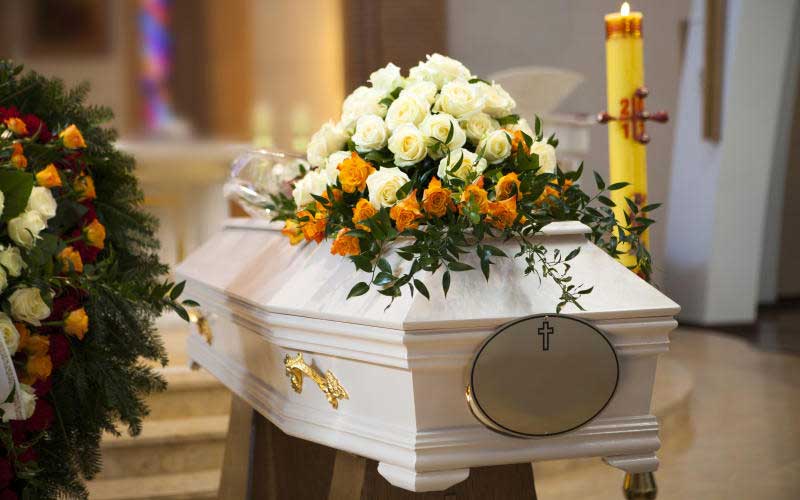×
The Standard e-Paper
Stay Informed, Even Offline

In a culture steeped in superstition, when an ailing man was about to die, he would be moved from the bedroom into the sitting room as it was believed that men must die in the open and they were to be buried three days after dying. Woe onto you if you are aged and died without children, elders will prick you with thorns in the anus.